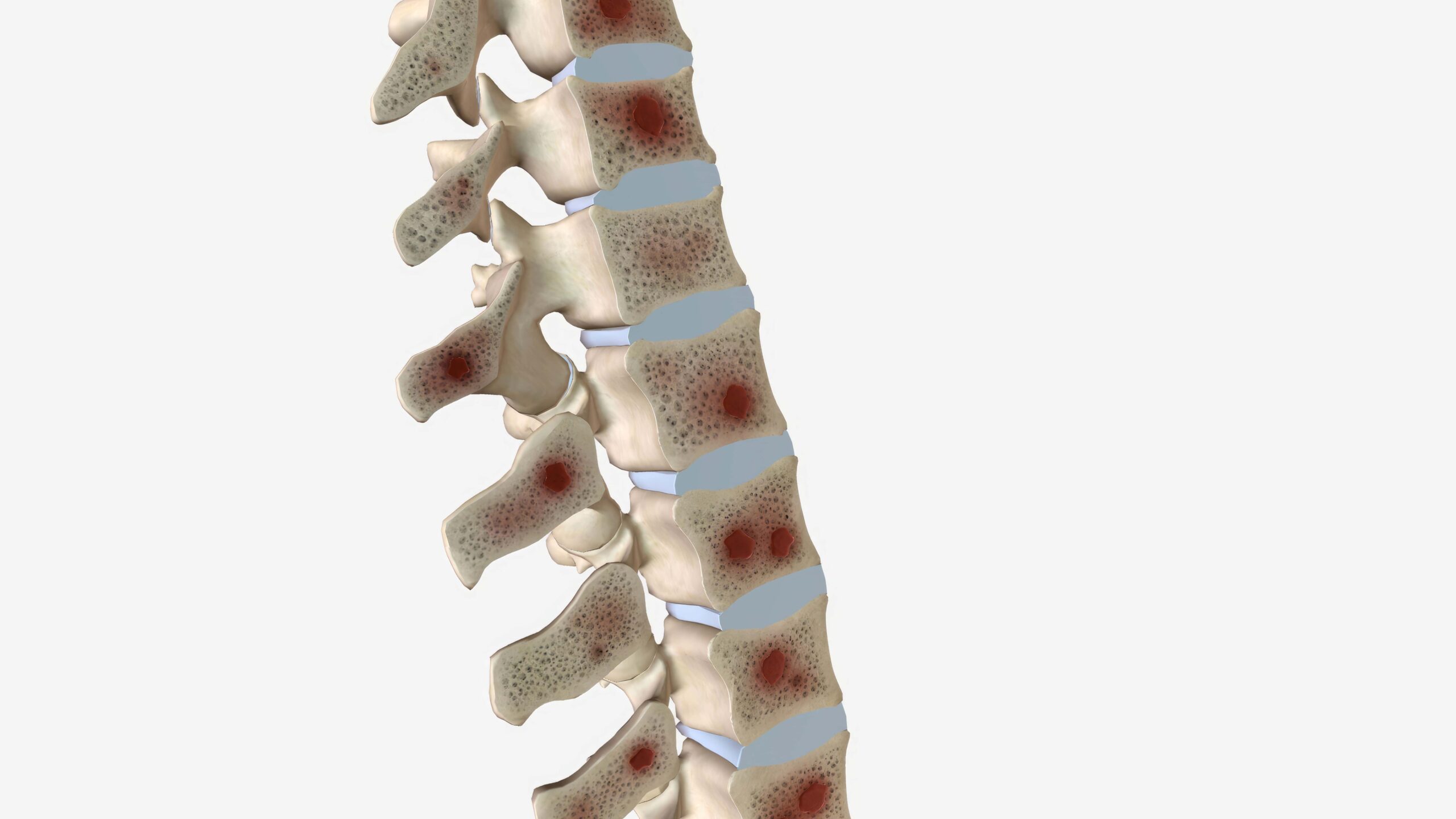
A recent study found that selinexor modulates immunogenicity in multiple myeloma (MM) by disrupting EZH2 subcellular localization and dysregulating H3K27me3-gene suppression, which suggests a possible treatment strategy of selinexor followed by immunotherapy.
Lead investigator Praneeth Reddy Sudalagunta, PhD, of the H. Lee Moffitt Cancer Center & Research Institute in Tampa, Florida, and colleagues examined the role of acute exposure to selinexor and investigated the cellular mechanisms of selinexor resistance.
The researchers conducted gene set enrichment analysis (GSEA) on primary cells from five patients with MM taken before treatment with selinexor and dexamethasone and one/two weeks post-induction. They also assessed cellular viability using digital analysis of brightfield longitudinal images and drug sensitivity by calculating the area under the dose-time-response curve (AUC).
GSEA showed that acute exposure to selinexor inhibited XPO1, thereby inhibiting the export of polycomb repressive complex 2 (PRC2) proteins such as EZH2, SUZ12, and EED from the nucleus of MM cells. The resulting nuclear accumulation catalyzed H3K27me3, which led to the silencing of genes regulated by H3K27me3 in all five patients.
The researchers also observed that cells resistant to selinexor have increased expression of EZH2-regulated immunotherapy target genes such as CD74, SLAMF7, CD38, CD46, TNFRSF13B, and LY9.
GSEA also revealed that expression of EZH2, SUZ12, and EED are negatively correlated with selinexor AUC, while novel immunological markers in MM are positively correlated with selinexor AUC. These findings suggest that resistance to selinexor increases MM cell immunogenicity by loss of EZH2 expression.
Reference
Sudalagunta P, Renatino-Canevarolo R, Meads M, et al. Selinexor disrupts epigenetic programing and modulates immunogenicity in multiple myeloma. Abstract #3301. Presented at the 65th ASH Annual Meeting and Exposition; December 9-12, 2023; San Diego, California.






 © 2025 Mashup Media, LLC, a Formedics Property. All Rights Reserved.
© 2025 Mashup Media, LLC, a Formedics Property. All Rights Reserved.